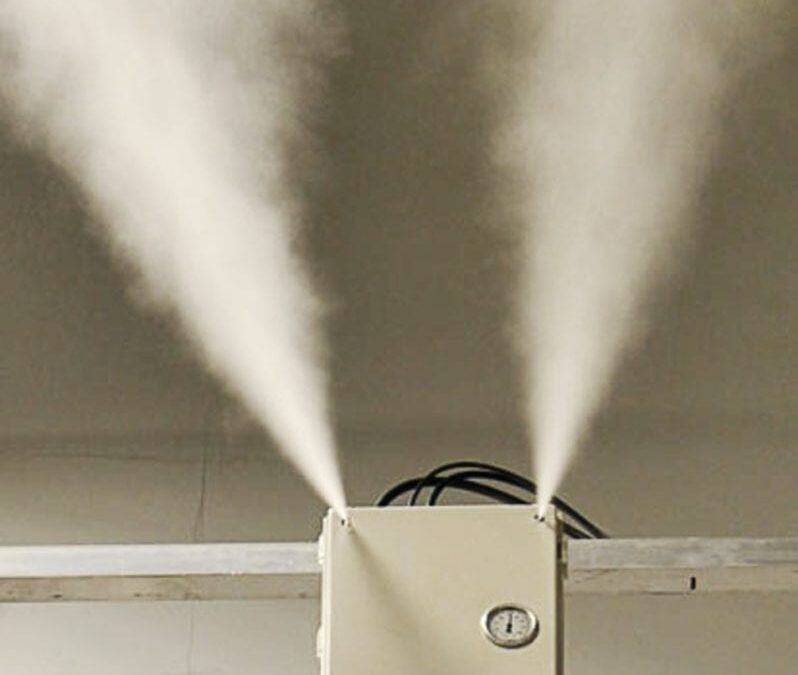Do you suffer from excessive dry or oily skin? Millions of Americans experience these problems on a daily basis, some of which are minor whereas others are more severe. While skin problems may be caused from any number of different conditions, illnesses or injuries, a lesser-known cause is humidity (or lack thereof). To learn more about the link between humidity and skin problems, keep reading.
Before we go delve into the skin problems associated with humidity, let’s first go over the basic definition of the term “humidity.” Humidity is a measurement of the amount of moisture vapor in the air. Although it’s invisible to the naked eye, the air around us contains water in the form of moisture vapor. When there’s a lot of moisture vapor floating in the air, the atmosphere is said to be humid. When there’s little-to-no moisture vapor in the air, it’s said to be dry or not humid.
The human body is comprised of approximately 70% water (give or take), a significant portion of which resides in our skin. H2O gives our skin flexibility and elasticity, allowing it to stretch and bend without damaging. Furthermore, it prevents our skin from drying out, which could otherwise cause it to crack open.
Skin problems begin to occur when an individual is exposed to either excessively dry or excessively humid environments for a prolonged length of time. When your skin is exposed to an excessively humid environment, for instance, it may “lock in” your skin’s natural oils (known as sebum). Why is this a problem? Well, in some people it’s not, but in others it can cause irritation and redness. Being that the oil is unable to escape, it will build up within the skin’s pores, causing blemishes and even allergy attacks in extreme cases.
Of course, prolonged exposure to dry/low-humid environments can prove equally as bad for your skin health. When your skin is exposed to a dry environment, the moisture within your pores will literally evaporate into the air as the atmosphere attempts to balance itself out. Short-term exposure shouldn’t cause any major issues, but leaving your skin exposed to a dry atmosphere for days or weeks on end can lead to irritation.
So, how can you protect your skin from problems such as these? The easiest solution is to use a humidifier. These devices will monitor levels of airborne moisture vapor, releasing additional moisture when needed. A good rule of thumb is to maintain a 40-50% relative humidity in your home or workplace.





